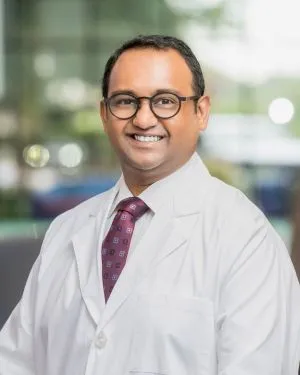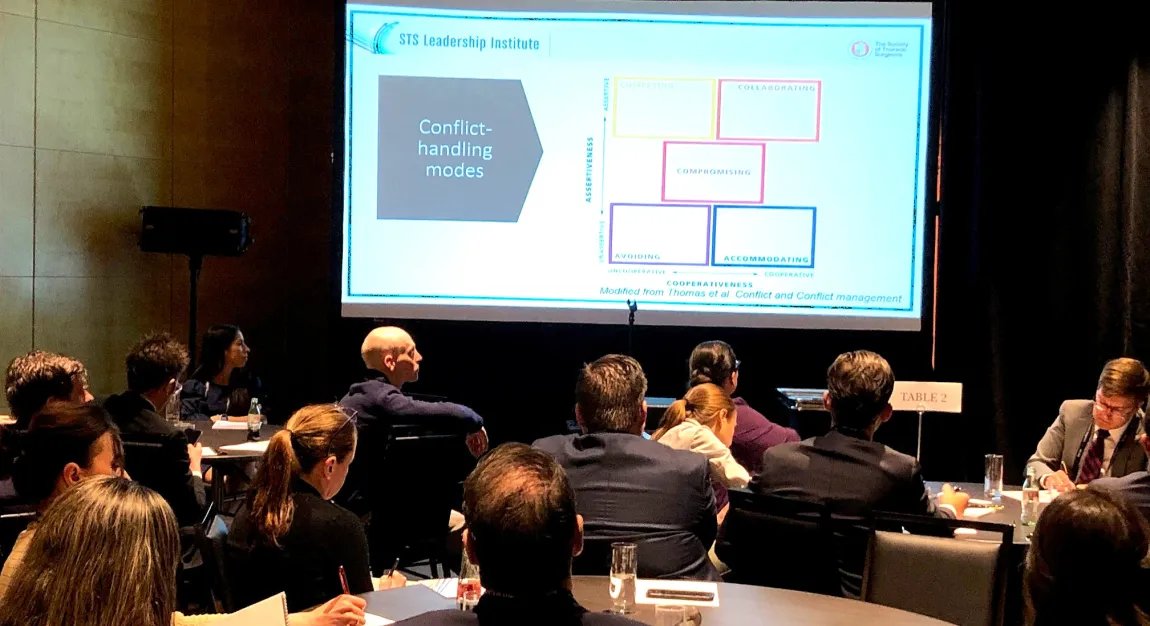- Conflict is a daily and often unavoidable part of surgical practice, especially in high-pressure, team-based environments like the operating room and ICU.
- The Thomas-Kilmann Conflict Management Model offers practical tools for understanding and navigating different approaches to conflict, including avoiding, accommodating, competing, collaborating, and compromising.
- Interactive, peer-led workshops like STS’s Leadership Institute session in Chicago can provide surgeons with language, confidence, and strategies to address real-world challenges and improve team dynamics.
Conflict is inevitable in the high-pressure, high-stakes world of cardiothoracic surgery. Whether it's a difference in opinion during an operation, tension between surgical team members, or friction over program outcomes, the ability to manage conflict effectively is a critical—yet often underdeveloped—skill for surgeons at all stages of their careers. As the field continues to emphasize collaboration, communication, and leadership as core competencies, understanding how to navigate conflict is more essential than ever.
At a recent session of the STS Leadership Institute held in Chicago, Ram Subramanyan, MD, chief of pediatric cardiothoracic surgery at Children’s Hospital and Medical Center, Omaha and professor of surgery at University of Nebraska Medical Center. led a discussion on “Managing Conflict.” Dr. Subramanyan and the participants explored common scenarios and practical strategies for addressing interpersonal and institutional disagreements in surgical settings.

Raghav Murthy, MD, a pediatric cardiac surgeon at Medical City Children's Congenital Heart Surgery and an STS Leadership Institute participant, shared the following reflection on the conflict management discussion as part of a new blog series called The STS Leadership Institute Experience.
At the in-person session held in Chicago, ‘Managing Conflict’ was a very extensive topic of discussion. As a mid-career surgeon, I have had extensive and many experiences with conflict. It is a daily issue that one has to learn how to deal with as a surgeon.
Cardiothoracic surgery is a ‘team sport’, highly driven, smart and motivated individuals, managing very complex patients and situations in the operating room and intensive care unit. Conflict is a daily occurrence.
I have struggled with managing such conflict effectively and the in-person session was an eye opener. The case scenario provided for discussion involving a conflict between junior vs senior surgeon and junior surgeon vs program outcomes, is a very common scenario at most institutions and I have experienced it, from both sides, as a junior and as a senior surgeon.
The excellent moderation of the group discussion, led by Dr. Ram Subramanyan, taught me several things about conflict resolution. Extensive discussion into the Thomas Kilmann Conflict Management Model provided me with some new skills, and additionally I was able to assign names to some old skills that I already possessed (but didn’t know!).
Understanding the two dimensions, Assertiveness and Cooperativeness, and the five models of management, Avoiding, Accommodating, Competing, Collaborating and Compromising, has helped me organize my game plan and provide me with ‘tangible’ skills that I can use to resolve conflict daily.
I thoroughly enjoyed learning and discussing such complex and advanced issues with my peers. Having such an experienced leader, like Ram, reinforced and provided me with more confidence to implement what I learned.
